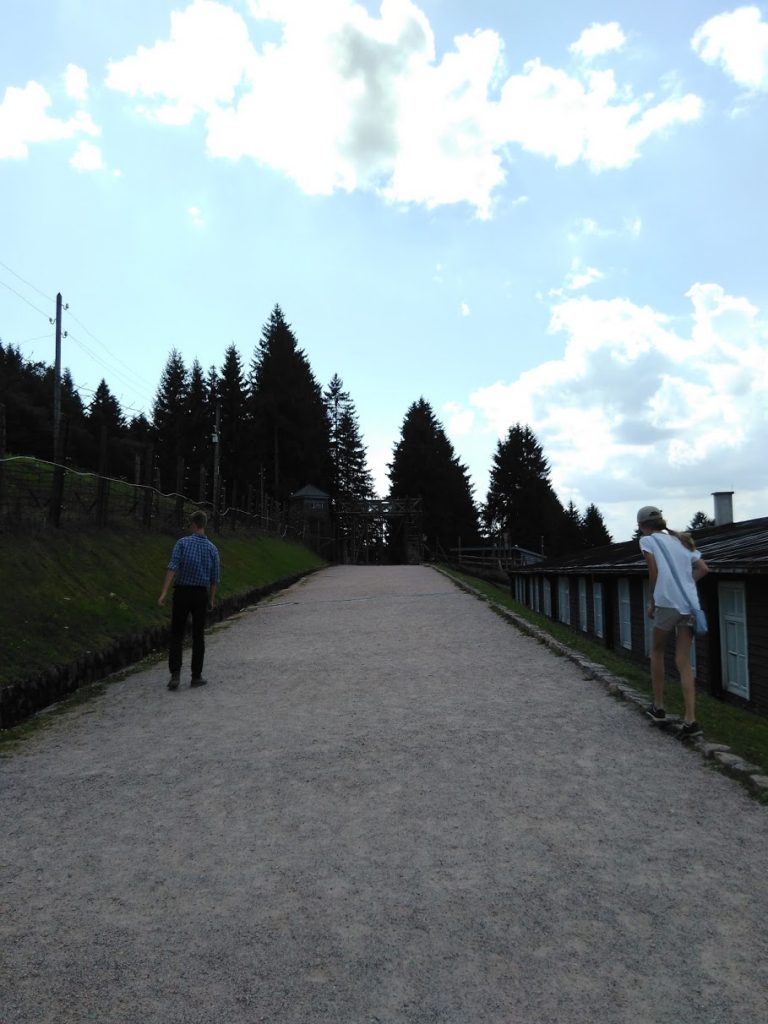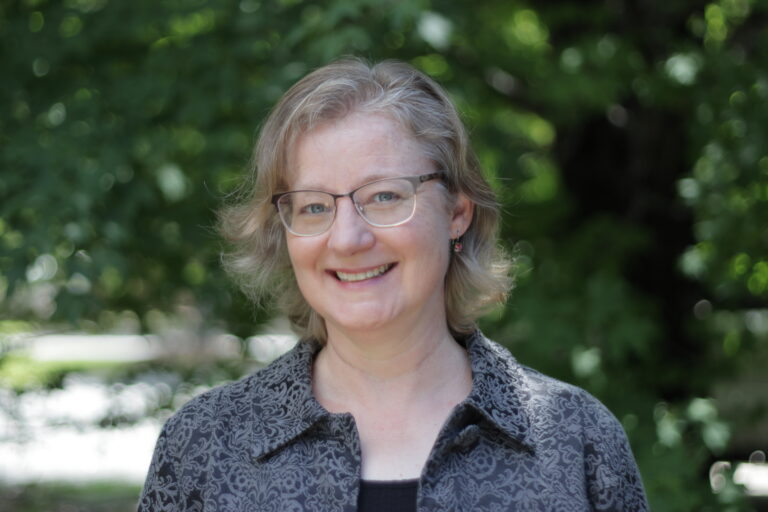I have a friend born and raised in Orangeburg, SC. She speaks with a strong local accent. She teaches in a rural school near where she grew up. As we would say in the South, she is from there.
We’re going to come back to her, specifically, down at the bottom when we finally get to our title topic, now trending on Twitter.
I am not from here in South Carolina the same way as my friend is. I’m only 1/4 Southerner, and although there are plenty of bona fides to be had from that lineage, I wasn’t born and raised here. I’ll pick up a hint of a southern accent, but it drops out when I’m not with southerners.
For decades after moving here in high school, on meeting me locals would quickly say, and it was an assertion not a question, “You’re not from around here, are you?”
They were correct.
I don’t think I’ve gotten that question in a long time, but I do get “Where are you from?” “Where did you grow up?” “Where is your family from?” and so forth. In my case it’s because we both know I may be a naturalized citizen of the South, but no, I’m not from here.
If I’m away from home (traveling, for example), and someone asks me where I’m from, I’ll say, “South Carolina,” and that’s true. But if I’m local and the question’s subtext is “Where did you come from before you were here?” I usually say, “Maryland.”
And then there’s the conversation question that seems pretty universal among white Americans, which is “Where is your family from?” and it’s a request for an immigrant or ethnic heritage story. Legitimate answers can vary depending on how much interest everyone has and whether there’s a specific context (often: food customs) prompting the question.
Pause here and let’s be candid: Not a lot of people want to ask the deep ancestral heritage question to a Black American. That’s because the answer to “How My Ancestors Came to America” is often not a happy story of hopeful new beginnings.
It is, however, friendly conversation around here in South Carolina to ask where a Black person’s family is from, expecting and receiving (usually with pride) the name of a locality, perhaps with a Great Migration or how-my-parents-met story thrown on top, and that’s the answer.
White southerners receive the same question, and they answer the same way.
So. Back to my friend.
Not a single one of the various “Where are you from?” type questions that I personally have ever been asked are racist. Not at all.
(Every now and then, early on, there was sometimes a little anti-Yankee xenophobia going on, but it was well-earned.)
My friend from Orangeburg, though?
She gets “Where are you really from?”
This is a completely different question from:
- “Where are you from?”
- “Where did you grow up?”
- “Where’s ‘home’?”
She really is from Orangeburg, SC. But she looks not Black or white (the two main ethnic groups in that part of the state) but Asian. I’ve never asked her about her family’s ethnic ancestry, but no doubt she can trace back at least part of her “American story” to somewhere in East Asia.
In the context of such ancestral story-sharing, when other people are reflecting on being, say, German-American, my friend from Orangeburg might have some kind of Asian-American story to share. She would not be offended by inquiries into her distant family heritage in a situation where everyone else is also sharing those stories.
But it is offensively racist when someone who was born and raised in South Carolina, and has the accent and the customs and the family connections and the current community involvement to be truly counted as from her hometown, invariably gets this conversation:
“Where are you from?”
“Orangeburg, SC.”
“No, I mean: Where are you really from?”
She’s really from Orangeburg. Really.
I write this whole long explanation because right now Twitter is infected with obtuse protests on this topic.
And I am here to say: Knock it off.
In the unlikely event that you are in fact convinced that only white and Black people can be “real” Americans, and everyone else can only be “from” some other nation, then you are being backwards, ignorant, and, yes, racist. This is true even though you meant well and you weren’t trying to be horrible and you never would have put it that way, it’s just that when you see someone who is . . . stop! Just stop.
(Also, please do not try to explain to a Native American that your family’s Ellis Island story is basically the same as an American Indian’s ancestral territorial heritage in North America. It’s not.)
Most of the hyperventilating on Twitter, though, isn’t from that contingent.
It is from perfectly decent people who don’t hold racist ideas about suitable hometowns, but who also haven’t ever had to deal with the “Where are you really from?” question a bazillion times.
If people habitually just accept your answer on the very first round of “Where are you from?” then you might not realize that not everyone else is so lucky.
It gets old.
So now you know.
Likewise, it gets old and tired and obvious if only the apparently-not-American-enough-for-you looking person gets the “Where are you from?” treatment, and no one else is getting asked, and it’s a situation where the topic otherwise just doesn’t come up.
But the double-ask with the really on the second round of questioning is the clincher here.
So. Now that you know how exhaustingly annoying that really-thing can get (and thus why someone on Twitter might finally lose her patience about it and begin to get a little testy), it is not necessary to do anything complicated or difficult.
Carry on being a normal person who is friendly and conversational.
Your newly-aware procedures aren’t anything revolutionary:
- You ask (or don’t ask) someone the same “Where are you from?” question that you ask (or don’t ask) everyone else in that particular context.
- They tell you whatever it is they prefer to answer.
And then you just believe them.

Photo of my kids on the tour that is both part of their heritage and not, at all, the same thing as being “from there” for the families who were still in the area at the time. Essay here. Subject involves actual-Nazis, just FYI.

















